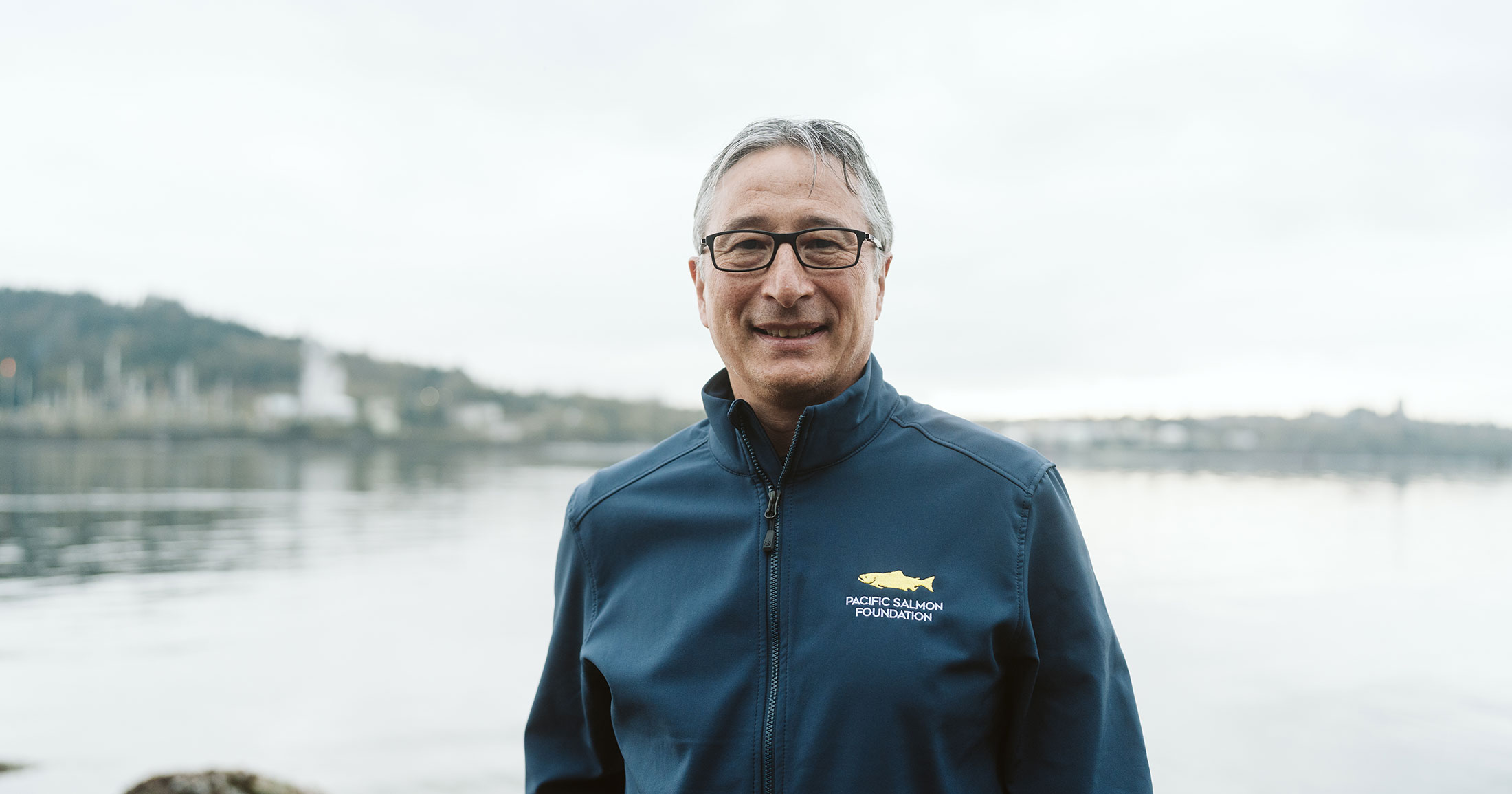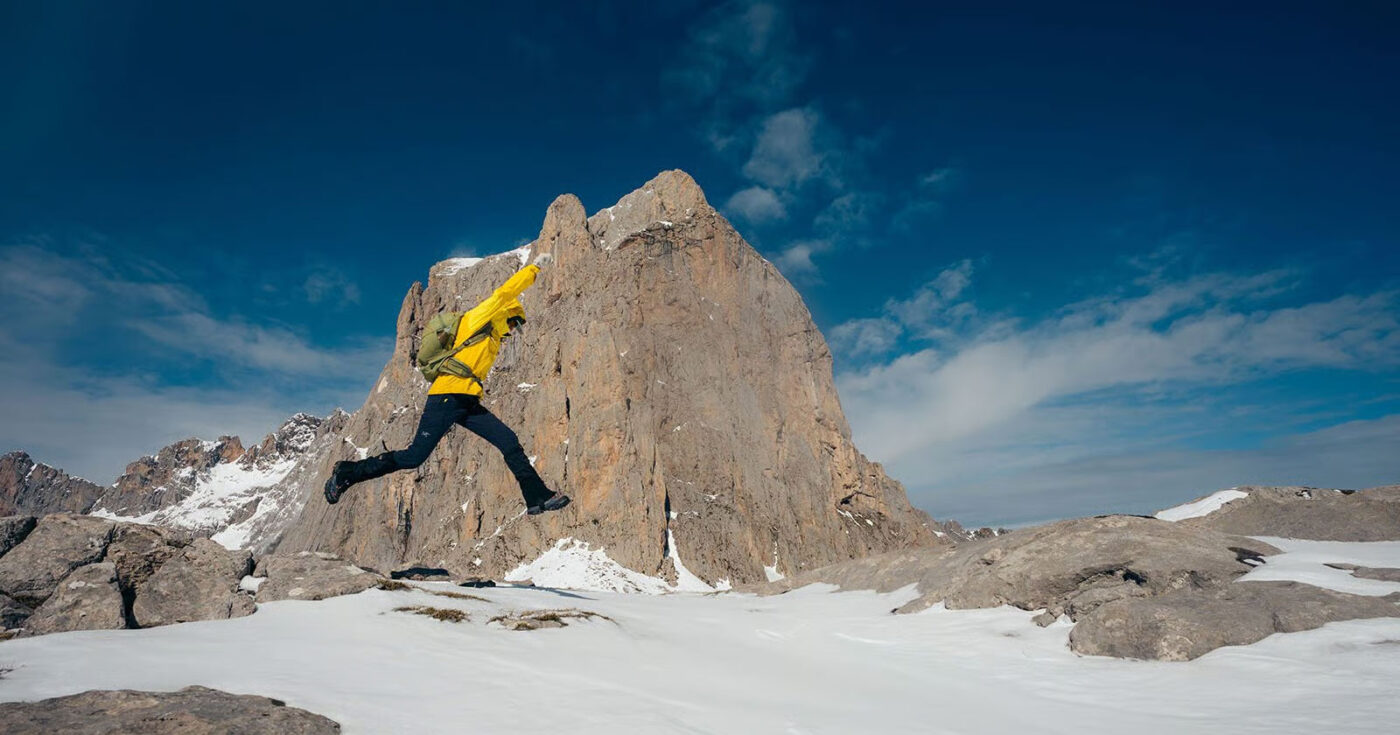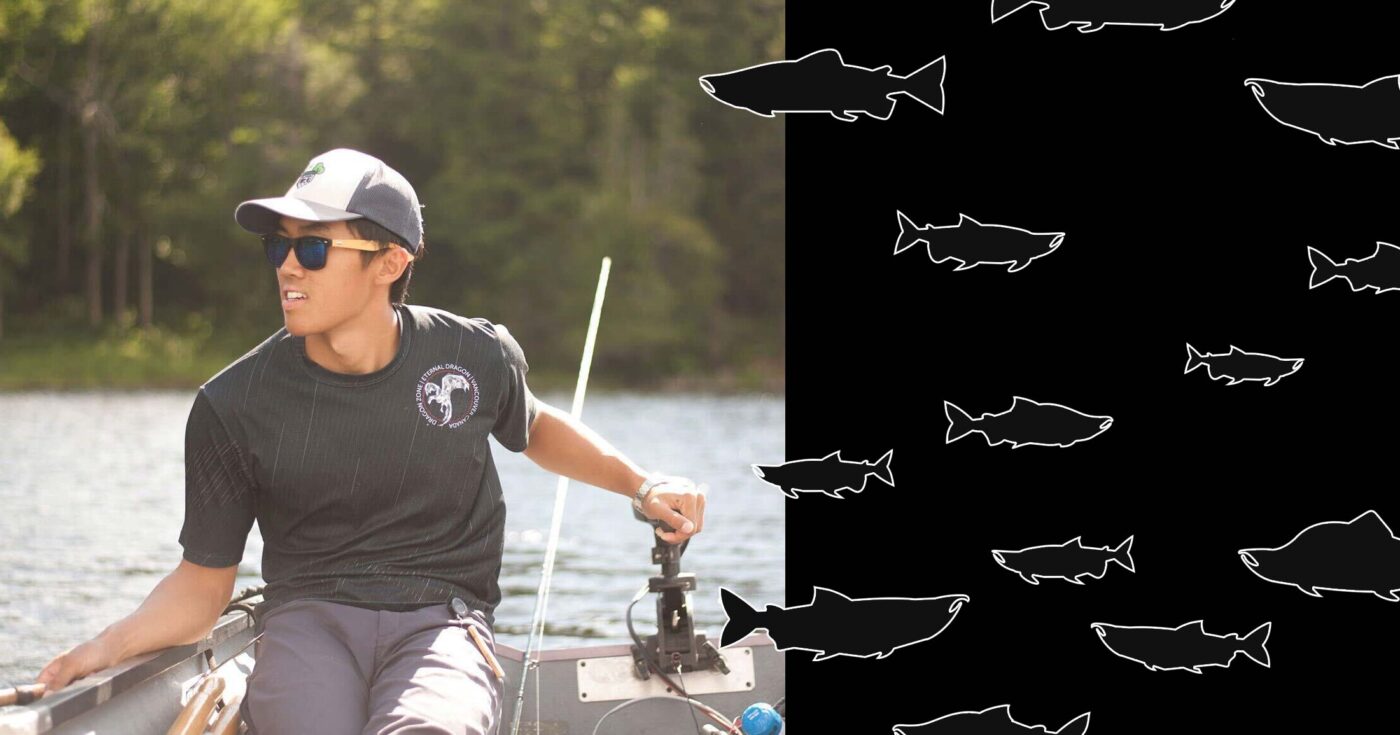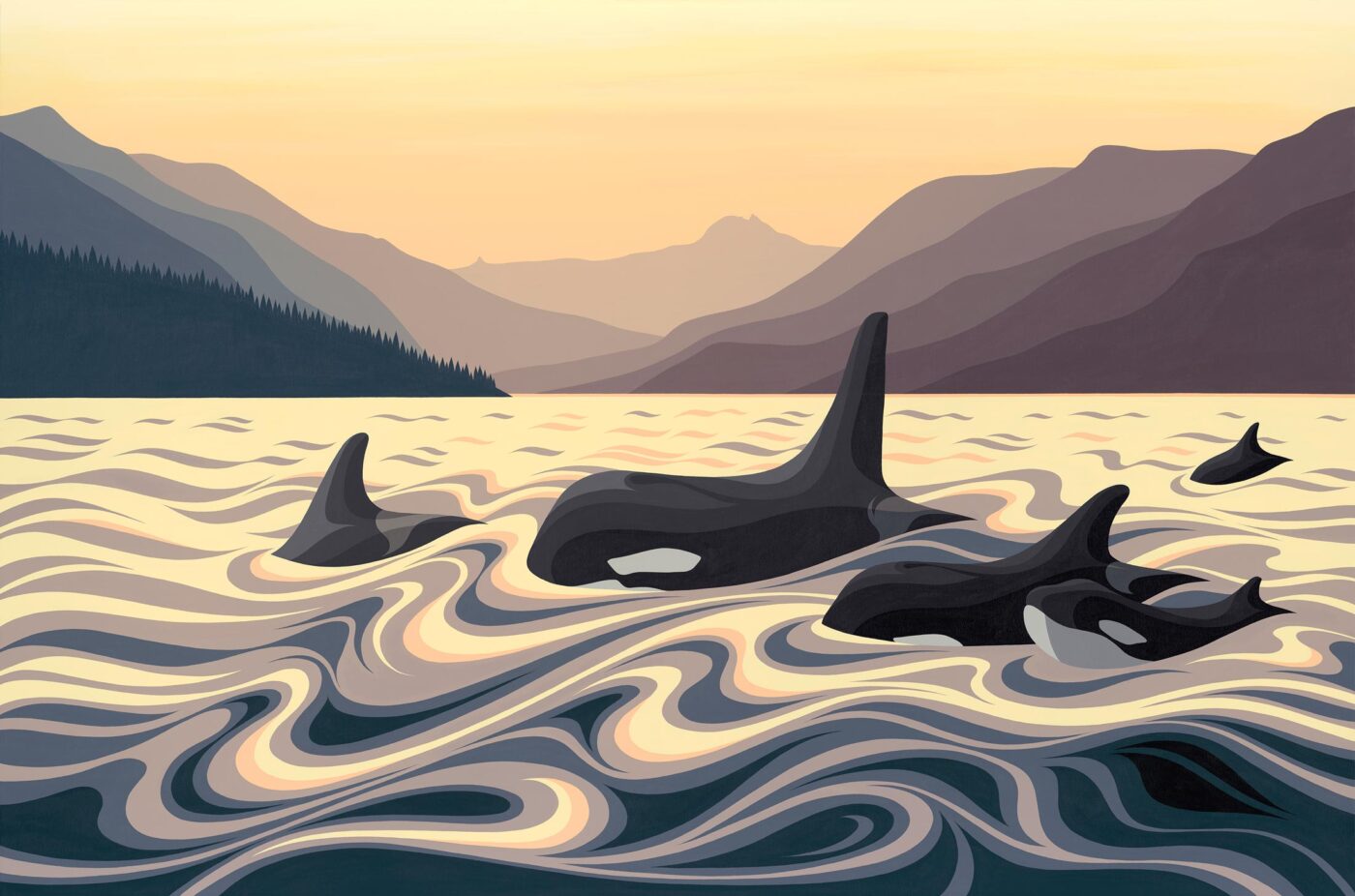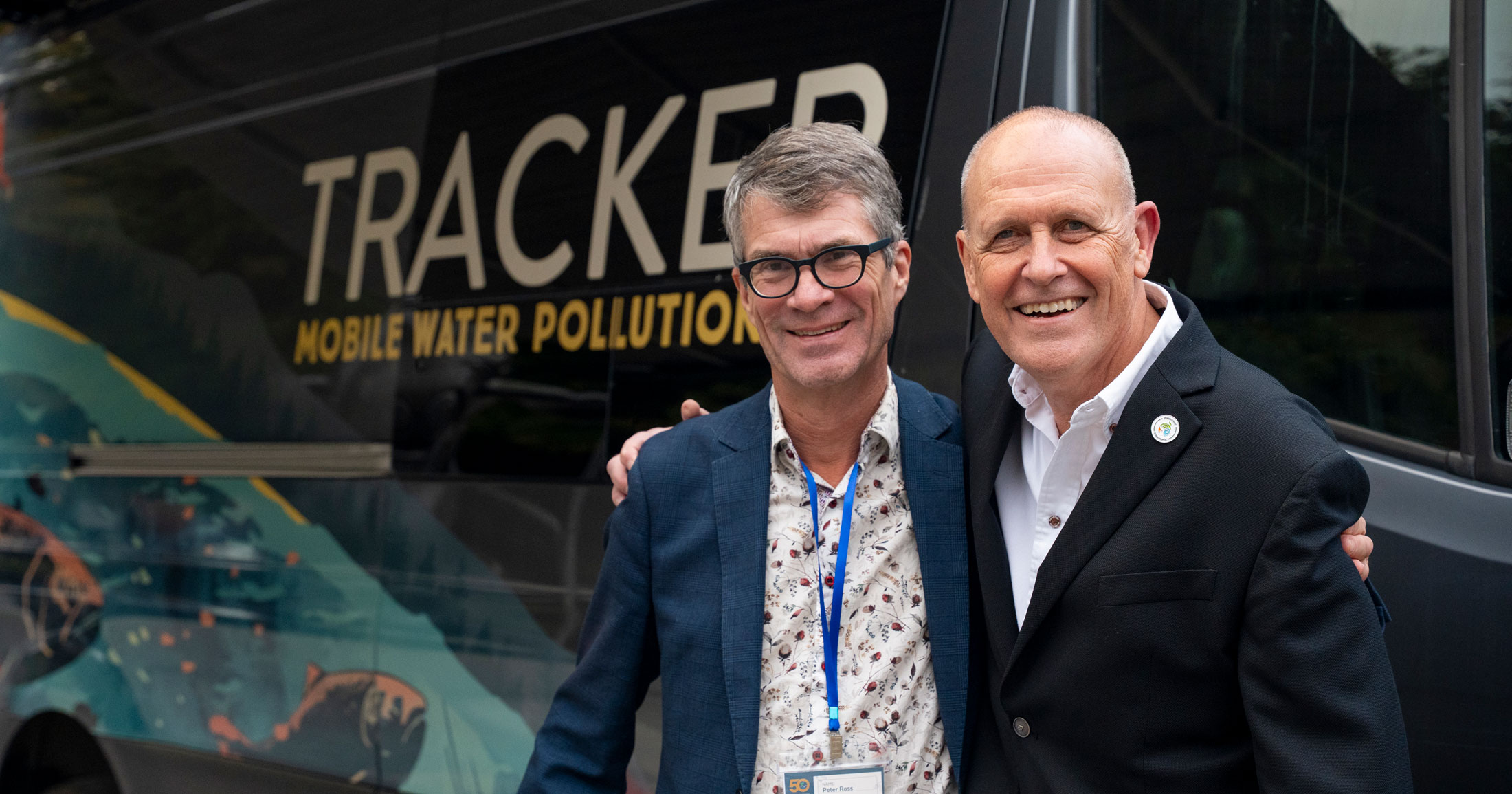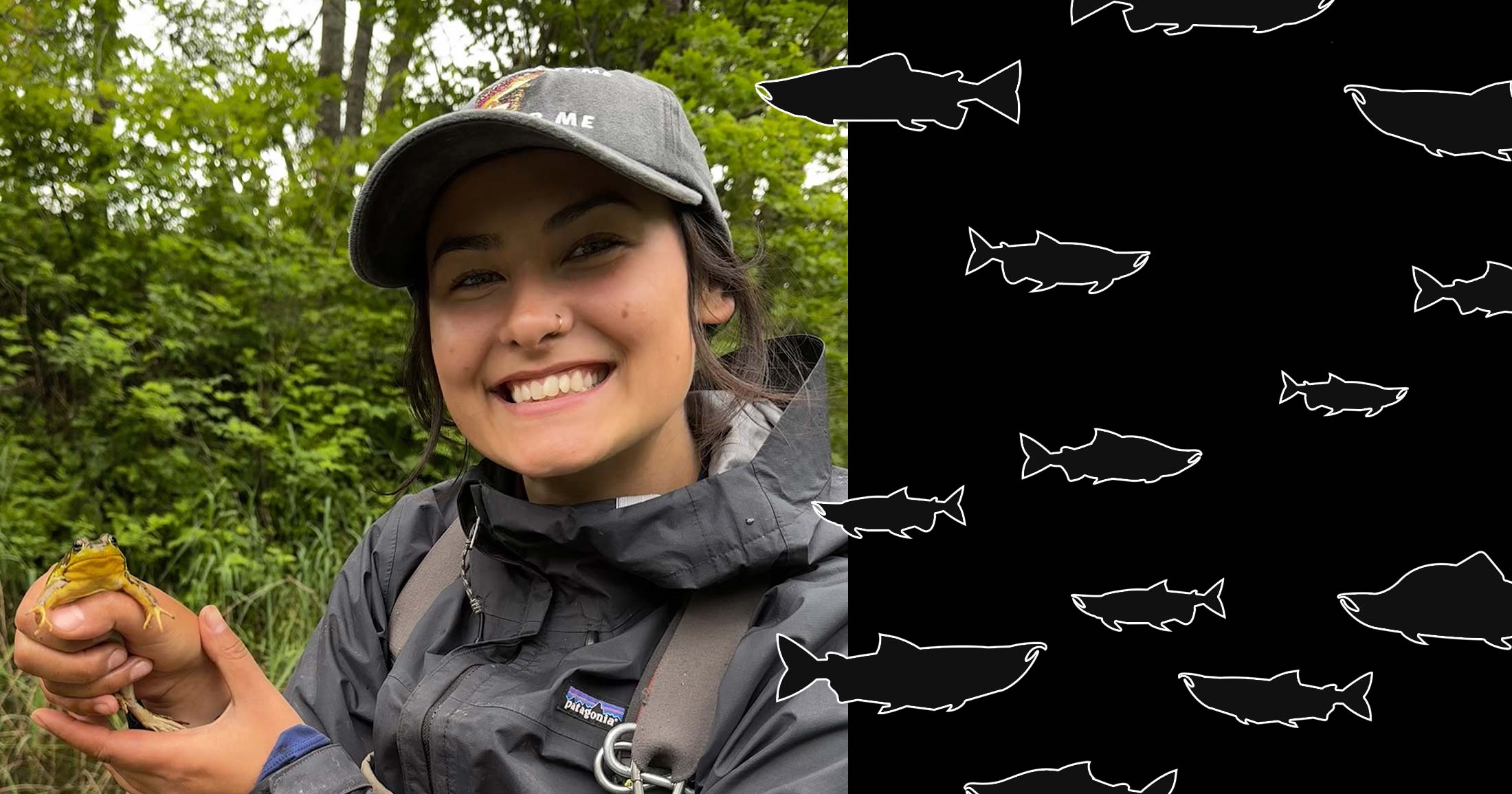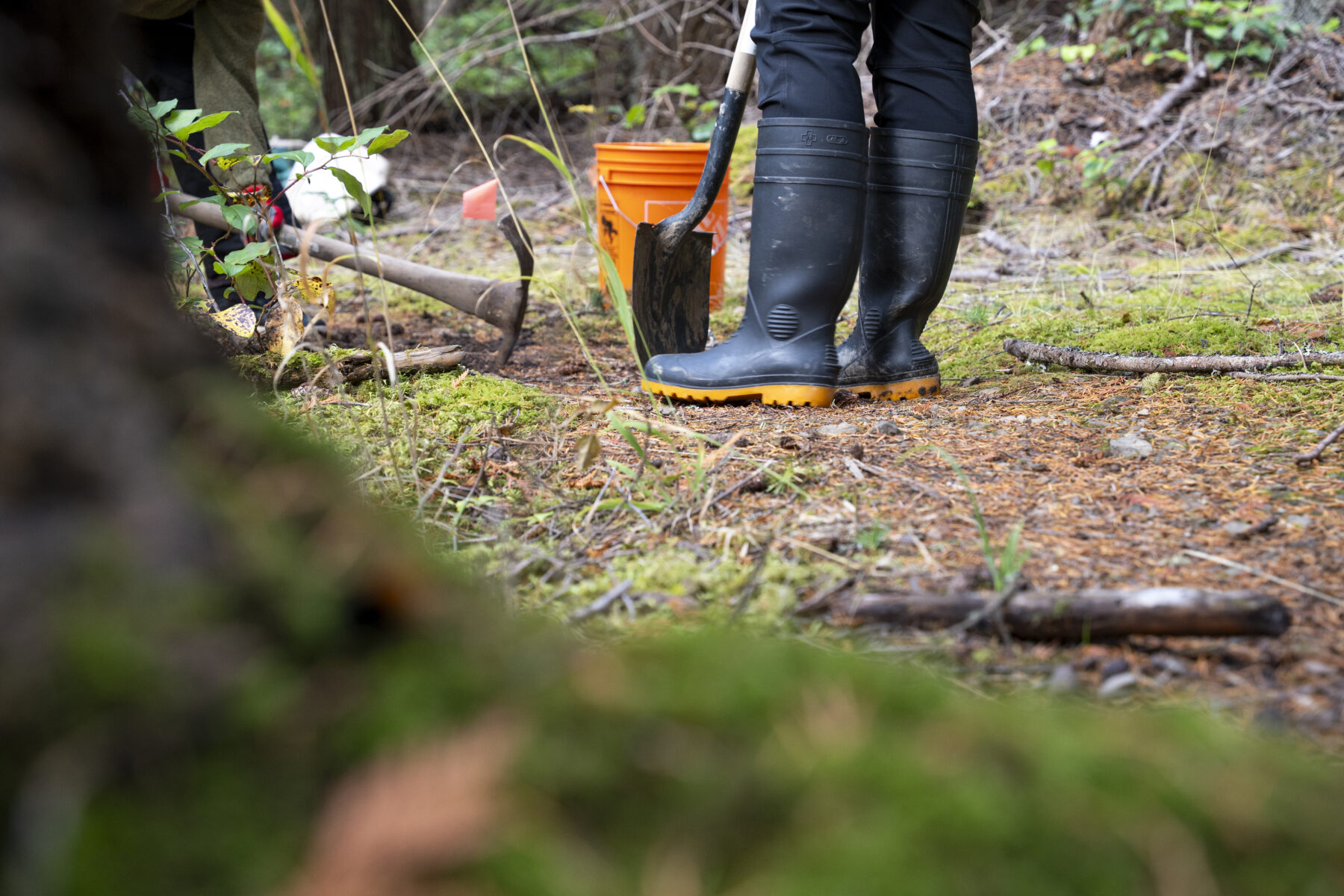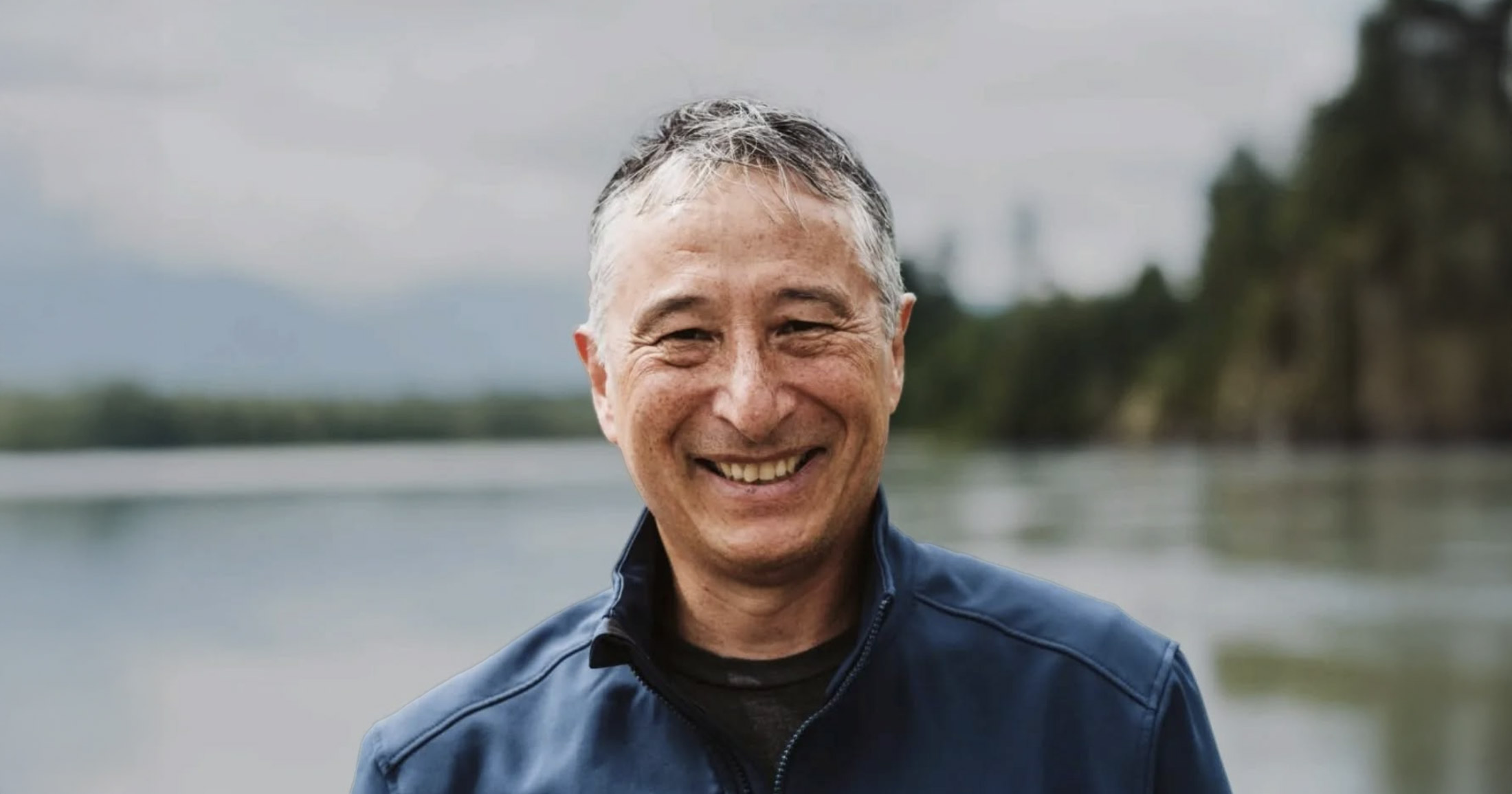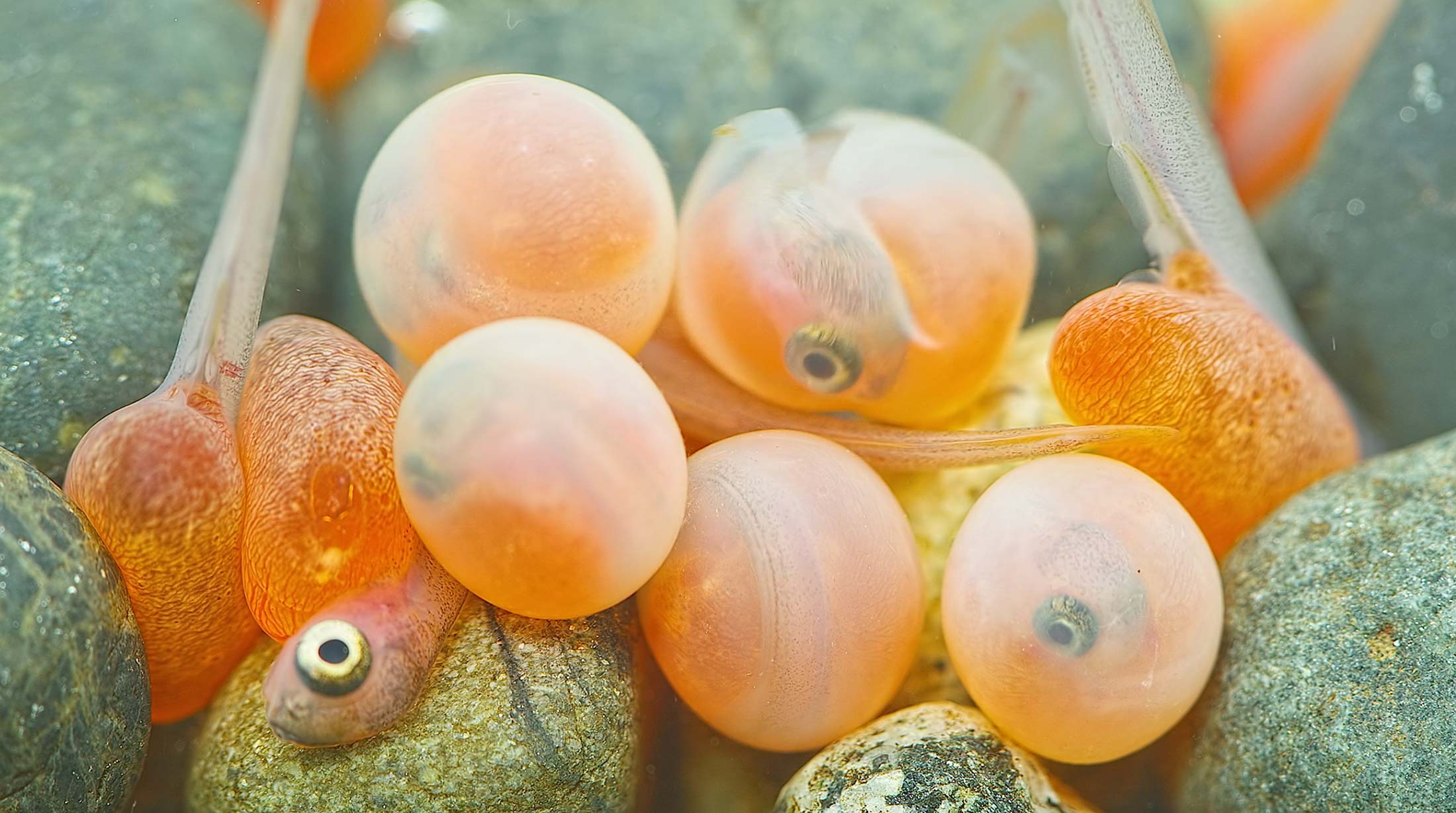How science can lead to tangible options that improve everyday outcomes
An interview with the newest selection committee member for the Raincoast Ocean Science Awards, Jason Hwang, Chief Program Officer and Vice President of Salmon at Pacific Salmon Foundation.
Coming up in late fall, Raincoast will be hosting an impactful evening where ocean scientists, advocates, and educators come together to celebrate significant strides in marine conservation.
This year, the Raincoast Ocean Science Awards will take place on November 20th at the Vancouver Aquarium.
Four groups or individuals will be selected to receive the following awards, ranging from excellence exhibited in graduate studies to entire careers of ocean protection. Nominations are open until August 15th.
But who chooses the recipients of these honourable accolades?
The selection committee amasses decades of experience in aspects pertaining to ocean research, conservation, and habitat restoration. This year, Raincoast is honoured to have PSF’s Jason Hwang join this group of experts.
We asked Jason some questions, ranging from early career moments to what makes ocean science research so vital right now.
You began as a habitat biologist at Fisheries and Oceans Canada for the BC Interior North region. What initially drew you to marine habitats?
I have always been curious and interested in what is going on under the water. As a kid, I was always walking around in creeks, ponds or along the seashore looking at what was living there. I used to catch frogs, snakes, fish, crabs – anything I could catch in a net or a bucket. That curiosity and interest has never really gone away – I am still like that anytime I get near the water, I am always looking in there to see what is going on. My early career interest was more oriented towards the ocean than it was to freshwater. As a student I had a job as a scuba diver with the DFO shellfish science group at the Pacific Biological Station. We dove almost every day all summer – it was the best job ever! But work opportunities took me inland, and I have spent most of my professional time working in freshwater environments focussed on habitat and ecosystem function.
Can you share more about your role at Pacific Salmon Foundation and your journey there?
My current role at PSF is the Chief Program Officer and VP Salmon. This means that I oversee and provide support to all of the PSF salmon work – so this includes the science, grant making, on the ground actions, and strategic influence to try to improve outcomes for salmon. The team at PSF is very talented and full of great ideas – my job is to help shape those ideas into things we can deliver, provide guidance and support when needed, and to establish high level strategic priorities for PSF. I really enjoy this role at PSF – I have a broad scope – anything we can do to improve outcomes for salmon, and a great group of people to work with to activate that. I also really like the way PSF works – we never go it alone, and we try to work positively with First Nations, crown government agencies, other NGOs, academia and industry. It allows us to see many views and perspectives, and opens doors to new opportunities and solutions.

Is there an area of ocean research that you believe is especially needed right now?
I probably have a bit of a bias here. My particular interest is in understanding what is going on in our ocean environments with a particular focus on what we can do to make things better. Are there things we have always done that might have been ok before, but are having undesirable consequences in our current circumstances (the way we conduct our fisheries as an example)? Are there things that are coming that we know are going to happen that we need to get ready for – can we mitigate the impacts to reduce undesired consequences? For example – sea level rise. It seems clear that the big driver we are facing now and for the foreseeable future is climate change – the climate scientists have been fairly accurate in their predictions – we can use that to do our best to mitigate some of the impacts, but what are the opportunities? What should we do? Is what we are trying working?
How do you recognize, compare, and assess excellence in scientific programming?
Building from my previous response, I tend to place the highest value on science that leads to tangible options for improving outcomes. I think there is often a disconnect between research, and the applied use of that research. If an interesting scientific question or hypothesis includes a pathway for applied use of that scientific finding, I think that is especially valuable, and a place where the “normal system” often fails to make the connections for effective follow through.
Why do you think science awards matter?
It is so important to acknowledge and celebrate success in science. It is important to the researchers and their peers – acknowledging excellent work can help keep “wind in the sails” of those that are doing the heavy lifting, and can also inspire their peers. It is also a way to get science in front of the general public. It can be a way to show the relevance and importance of the science in a way that is relatable to the general public – it is an opportunity to bridge the structured and procedural world of science to the “so what”, “who cares” and “why does it matter” perspectives of the everyday citizen.
How important is it to celebrate ocean science? Why?
The ocean poses a special challenge for us as humans – it is right in front of us, but we can’t really see what is going on in there, and unlike things that we can see more readily (for example we can see a pine beetle outbreak in our forests), we can really only see a tiny fraction of what is going on in the ocean, and we therefore need good science to be looking at it for us and interpreting and describing what is going on. We can’t manage things that we don’t assess or measure, the ocean is a critical part of our ecosystem, and we can’t take it for granted.
What makes you excited or hopeful for the future of ocean science?
I am always hopeful that we can manage for sustainable outcomes. I know that citizens care about our ecosystems and environments. When we can show people what is going on, and present clear options to do better, we are able to make positive change. There are 2 things in particular I would note here:
- The energy and commitment of younger generations – they have grown up in a time where almost every environmental issue is getting worse, not better, and our youth are showing serious commitment and determination to make things better.
- The emerging assertion of leadership from Indigenous entities that take the long view, bring the knowledge that everything is connected, and that take the responsibility to past and future generations as a deep commitment.
Nominations are now open for the 2025 Raincoast Ocean Science Awards! Nominate a group or individual by August 15th.
You can help
Raincoast’s in-house scientists, collaborating graduate students, postdoctoral fellows, and professors make us unique among conservation groups. We work with First Nations, academic institutions, government, and other NGOs to build support and inform decisions that protect aquatic and terrestrial ecosystems, and the wildlife that depend on them. We conduct ethically applied, process-oriented, and hypothesis-driven research that has immediate and relevant utility for conservation deliberations and the collective body of scientific knowledge.
We investigate to understand coastal species and processes. We inform by bringing science to decision-makers and communities. We inspire action to protect wildlife and wildlife habitats.


